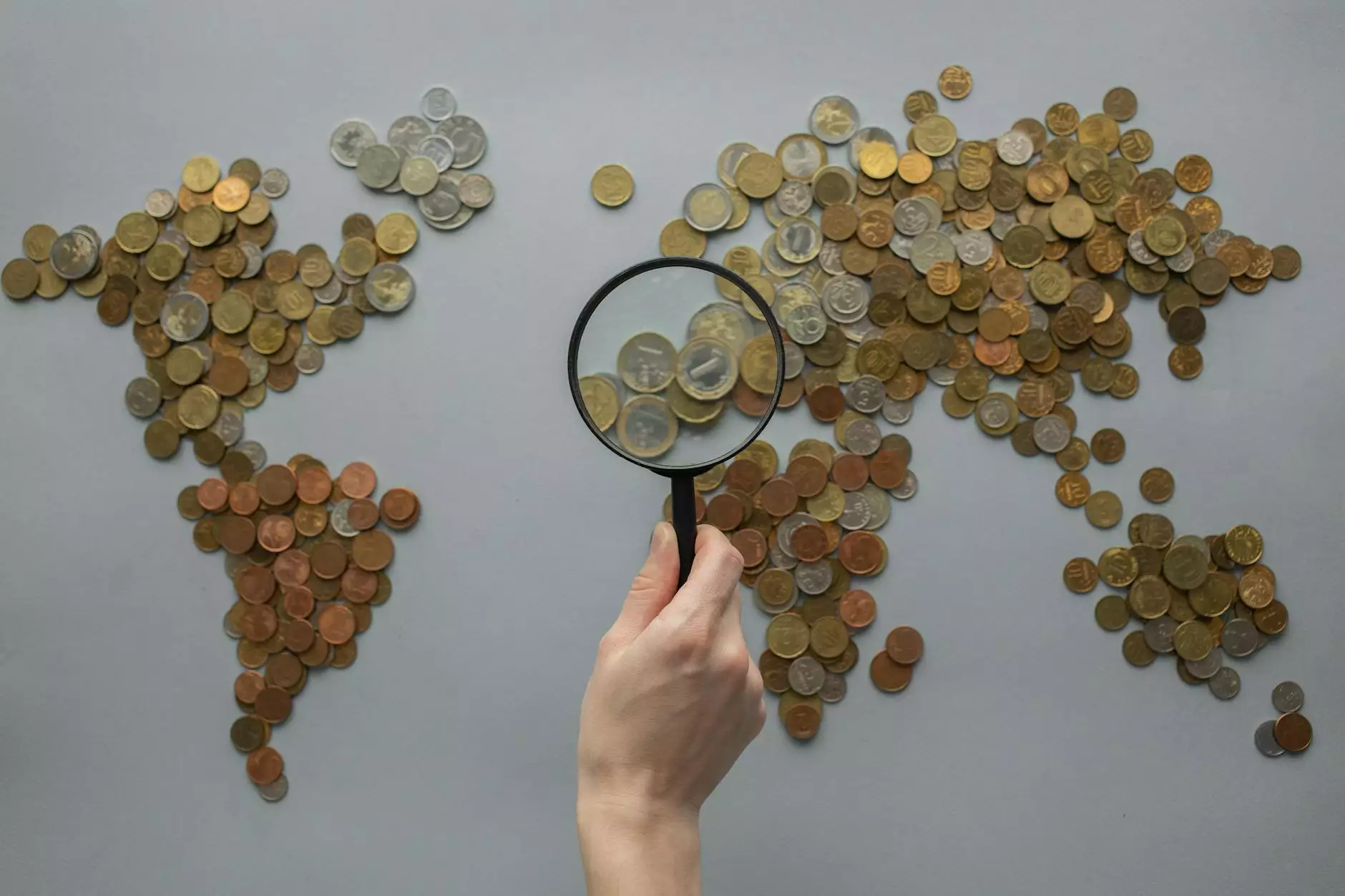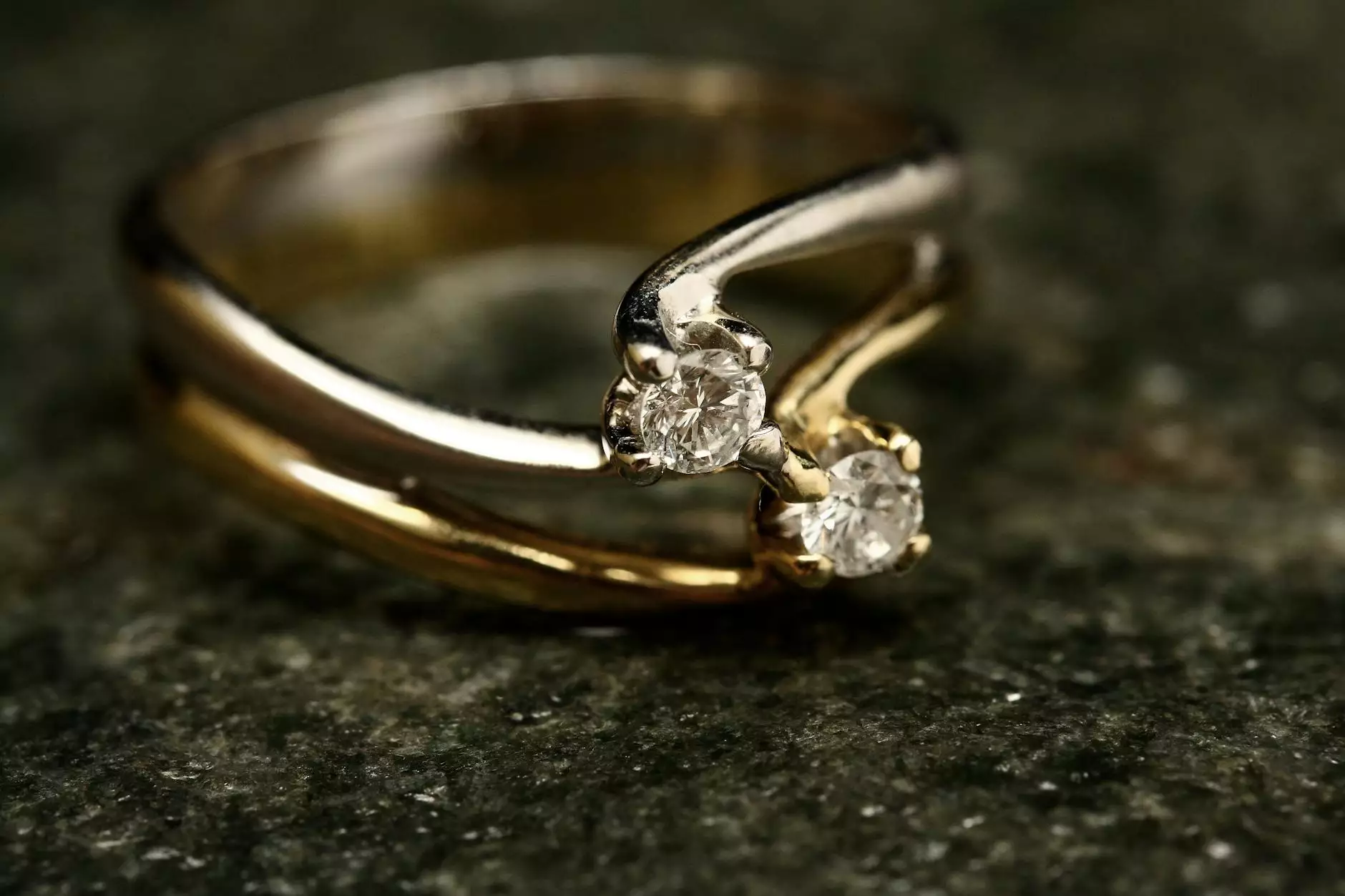Purchasing Silver: A Definitive Guide for Investors

The world of precious metals is vast and varied, with silver standing as a cornerstone for both investors and collectors. Purchasing silver is not just about acquiring a shiny commodity; it represents a decision that can significantly impact your financial future. In this comprehensive guide, we will explore everything you need to know to make informed decisions when investing in silver.
Why Invest in Silver?
Silver has been treasured for thousands of years, and its significance continues to grow in modern finance. Here are several compelling reasons why you might consider purchasing silver as part of your investment portfolio:
- Store of Value: Silver has intrinsic value and has served as a currency for centuries. Investors often turn to it during economic instability.
- Diverse Applications: Beyond jewelry and coinage, silver is used in various industries, including electronics, solar energy, and medicine, ensuring its ongoing demand.
- Affordability: Compared to gold, silver is more accessible for new investors, allowing one to purchase in larger quantities.
- Inflation Hedge: Like other precious metals, silver can be an excellent hedge against inflation, preserving purchasing power over time.
The Historical Significance of Silver
Throughout history, silver has maintained its value across different economies and cultures. Purchasing silver has often been seen as a reliable investment. Here are just a few historic highlights:
- Ancient civilizations, such as the Egyptians and Greeks, used silver for trade and as currency.
- In the Middle Ages, silver coins were widely used across Europe, and many countries established mints to produce silver currency.
- The discovery of the Americas led to significant silver mining and trade, profoundly influencing global economies.
How to Start Purchasing Silver
If you’re considering entering the silver market, it’s essential to have a solid plan. Here are some steps to guide you:
1. Understand the Different Forms of Silver
When purchasing silver, you can acquire it in various forms, each with its benefits:
- Coinage: Silver coins are popular among collectors and investors. Coins like the American Silver Eagle and Canadian Silver Maple Leaf have high liquidity.
- Bullion Bars: Silver bars are often more cost-effective than coins and available in various weights, making them suitable for bulk purchases.
- Silver Rounds: Similar to coins but not legal tender, they offer a great alternative for investors.
- Exchange-Traded Funds (ETFs): If you prefer a more hands-off approach, silver ETFs allow you to invest in silver without the need for physical storage.
2. Educate Yourself About Market Trends
Staying informed is crucial when purchasing silver. Understanding market trends can help you time your purchases effectively. Monitor:
- Global Economic Indicators: Conditions that affect global trade can influence silver prices.
- Technological Advancements: Innovations in industries that use silver can create increased demand.
- Geopolitical Events: Conflicts and tensions often drive investors toward precious metals, impacting prices.
3. Set a Budget and Investment Goals
Before you begin investing, it's essential to set a clear budget and establish your investment goals:
- Determine how much you can afford to invest without compromising your financial stability.
- Identify whether you're looking for short-term gains or long-term wealth preservation.
- Consider diversifying your portfolio with a mix of silver and other precious metals like gold and platinum.
Where to Purchase Silver
Once you're ready to buy silver, you have several options at your disposal. Here are the most common places to obtain silver:
1. Authorized Dealers
Reputable dealers, such as DonsBullion.com, offer a wide variety of silver products, including coins and bars. When looking for a dealer, ensure they are authorized and have a solid reputation within the community.
2. Online Marketplaces
The rise of e-commerce has made it easier to shop for silver. However, when purchasing silver online:
- Verify the seller's credentials and reviews.
- Check for shipping and insurance options.
- Be wary of very low prices that seem too good to be true.
3. Auctions and Private Sales
Buying silver through auctions or private sales can yield unique finds. However, conduct due diligence to confirm authenticity.
Storing Your Silver
Once you’ve successfully purchased silver, consider the best methods to store it safely:
- Home Safes: Invest in a quality safe that’s secure and discreet.
- Bank Safety Deposit Boxes: Consider renting a safety deposit box to ensure maximum security for high-value collections.
- Third-Party Storage Services: Professional storage solutions can offer insurance and lower risks of theft.
Understanding the Risks of Purchasing Silver
Like all investments, purchasing silver comes with its share of risks. Here are some considerations to keep in mind:
- Market Volatility: Silver prices can fluctuate significantly, influenced by market conditions and investor sentiments.
- Counterfeit Risks: Always ensure authenticity when buying silver, especially from private sellers or auction platforms.
- Liquidity Concerns: While silver is generally liquid, selling can take time, especially if market conditions aren’t favorable.
Tax Implications of Silver Investment
Investors should also be aware of tax implications when purchasing silver. Generally, profits from selling silver may be taxed as collectibles, with capital gains tax rates differing between short-term and long-term holds. It’s advisable to consult a tax professional to understand how it relates to your specific situation.
The Future of Silver Investment
As we look toward the future, silver maintains a promising role in investment portfolios. Bolstered by renewable energy initiatives, particularly solar power, and the ongoing industrial demand, silver appears poised for potential growth. Understanding these trends will be crucial for investors looking to capitalize on opportunities within the silver market.
Conclusion
In conclusion, purchasing silver can be a strategic move for diversifying your investment portfolio or securing your financial future. With its rich history, diverse applications, and growth potential, silver offers a wealth of opportunities. By following the outlined steps, understanding market dynamics, and staying informed, you can position yourself to make smarter, well-informed silver purchases. Happy investing!









